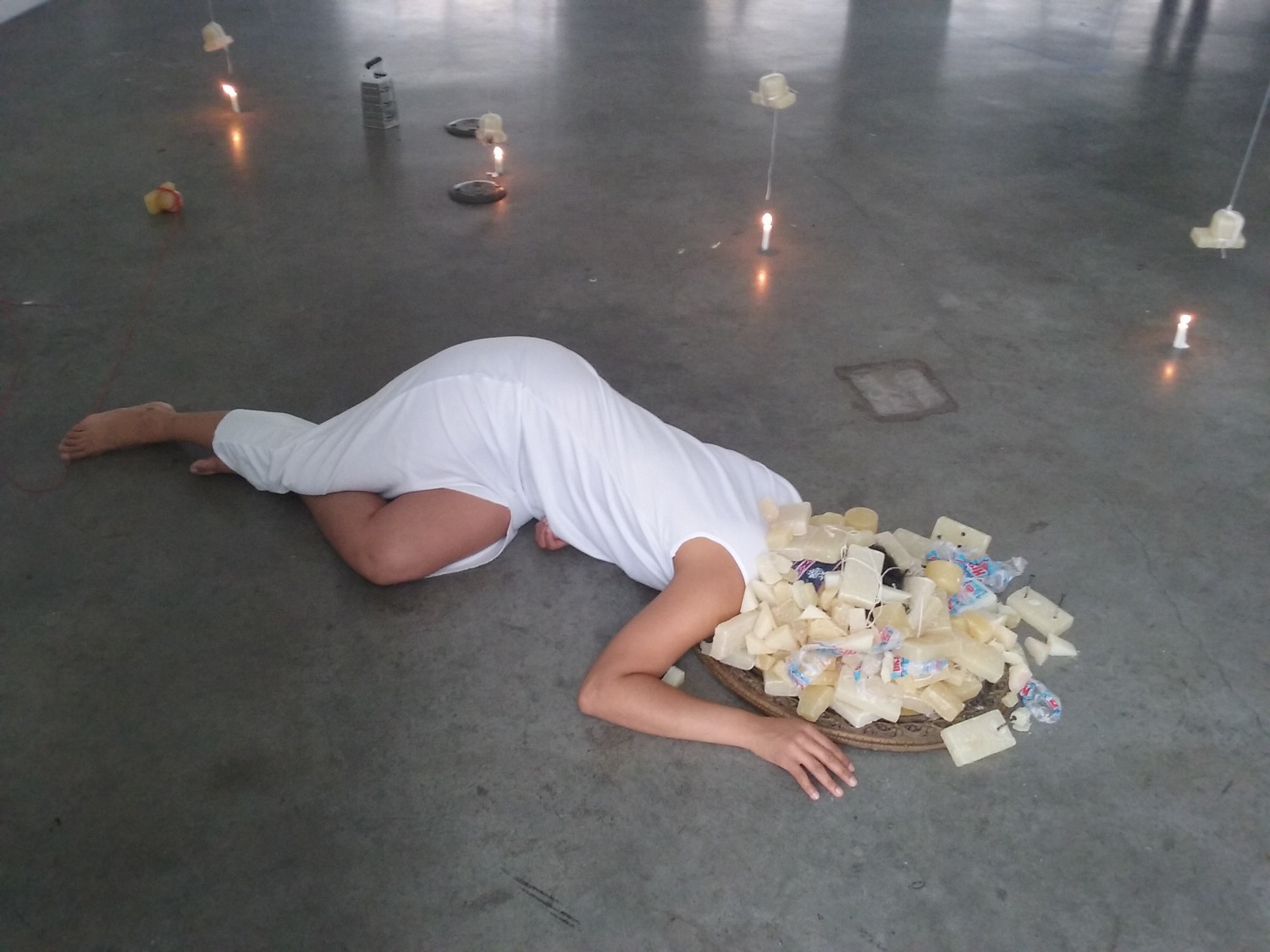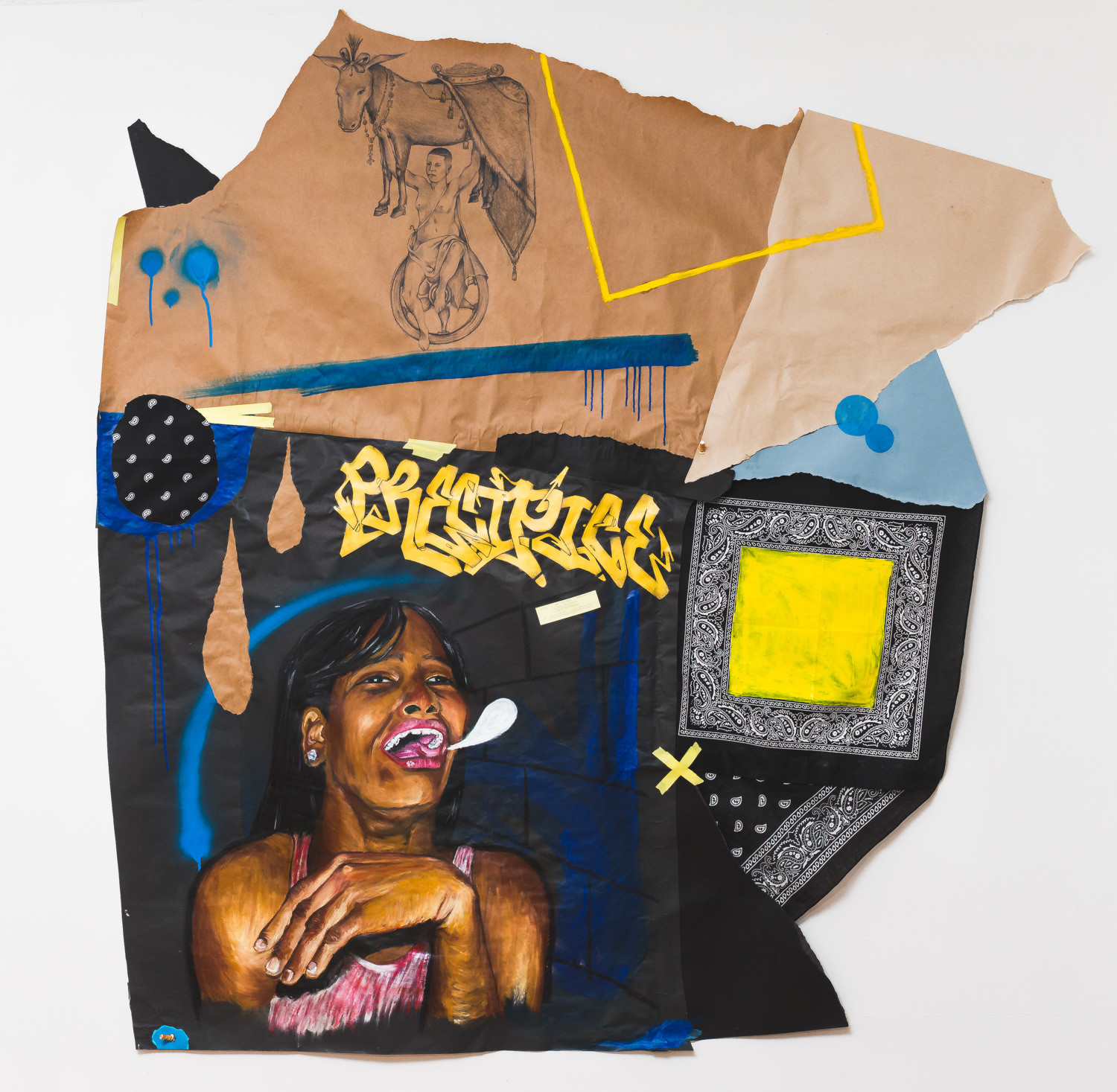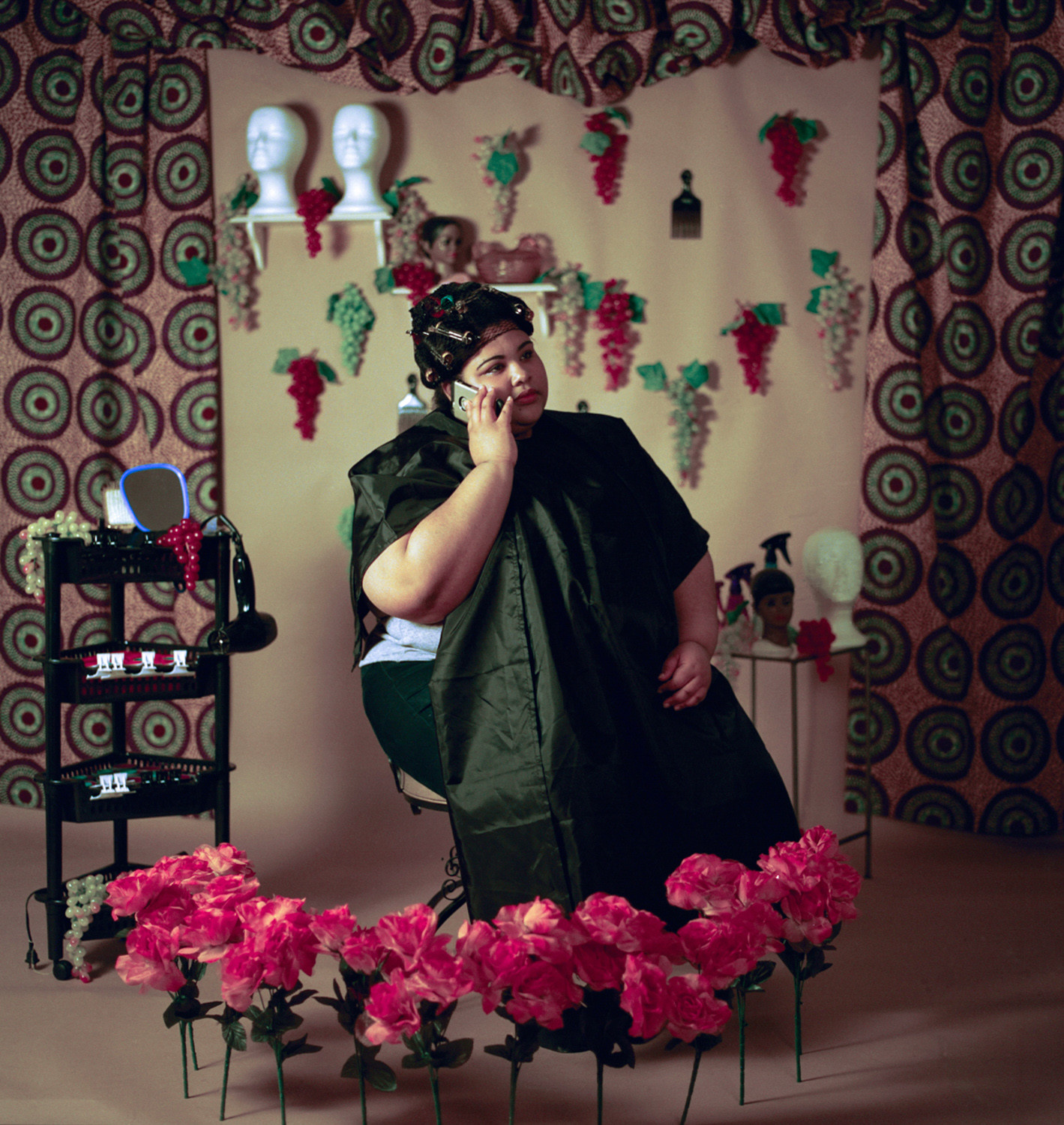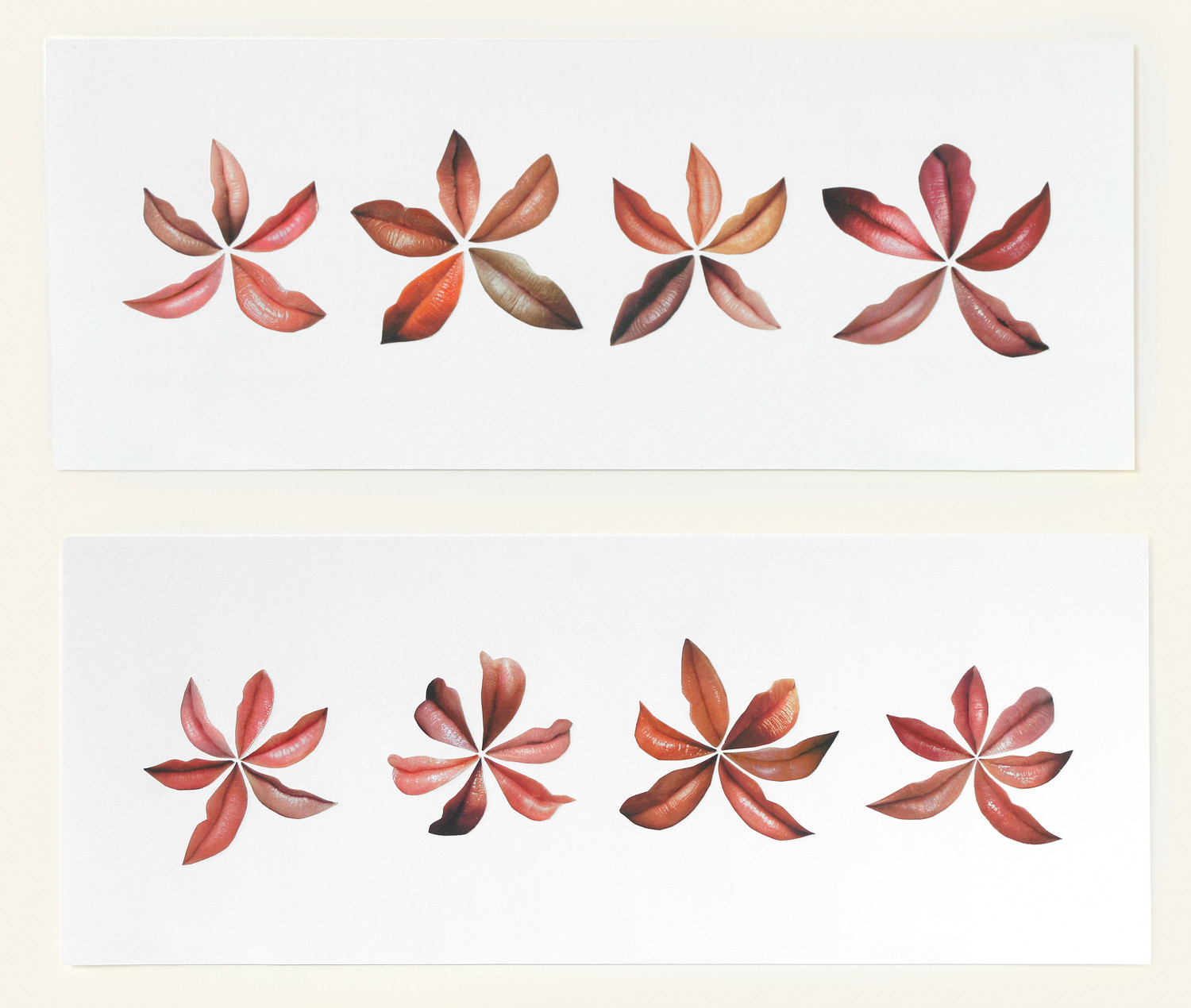All-female exhibit tackles political issues, feminism
When Juanita Lanzo and Alicia Grullon developed Longwood Art Gallery’s latest exhibit in 2016, they had no idea how culturally relevant it would become.
The exhibition, “Her Art Will Be Cannibal,” was inspired by “The Great Camouflage: Writings of Dissent (1941-1945),” a collection of essays by Martinique poet Suzanne Césaire that explored a range of topics from colonialism to identity in the mid-1940s.
The title of the exhibit was taken from one of Césaire’s essays, Lanzo said, and denotes the fierce art an all-female exhibit has to offer.
Since exhibitions typically take a few years to curate, Grullon and Lanzo had time to find the right artists, while also trying to secure funding.
Two years later, 22 various forms of works from female artists are up on the walls of Longwood Art Gallery, and they’ll stay there through March 7.
With the Women’s March and the “Me Too” movement becoming staples in American culture, Lanzo calls “Her Art Will Be Cannibal” a “post-feminist revisitation.”
“I feel like I need to make a political statement, and I need to use the art gallery as a platform to continue this conversation on points of view by women (and) how we can improve things,” Lanzo said.
For Grullon, Césaire’s work showed the belief that “art is capable of reminding society of its humanity,” something Grullon felt needed further exploring in an American context.
“So far in this society, we have only focused on one perspective as legitimate when talking about humanity, and that’s very limiting,” Grullon said. “Some of the ways in which to do that is by consistently presenting other ways of seeing and thinking about the world. Everyone’s perspective inform(s) our humanity.”
Each artist whose work is on display either looks at feminist and other political issues from a woman of color’s point of view, Lanzo said, or explores them through the eyes of a first generation American.
One of the notable pieces is one from a series called “Beauty Salon” by artist Misra Walker. The image is of a woman who is both on the phone and in the middle of getting her hair done at a beauty salon. For Lanzo, this piece and other work in the exhibit shows a more complex view of women and beauty.
“It’s not women’s artwork in the sense that we could relate to thinking, ‘Well, this is about what it’s like to be a woman, or what it’s like to be a mother,’” Lanzo said. “This goes beyond that train of thought. And I think it connects more to very personal stories and how (the artists are) assertive in politics by themselves.”
As director of the Longwood Art Gallery, Lanzo said she is grateful for how the exhibit isn’t afraid to be honest about women today.
“I love that Alicia had the vision and the understanding to say, ‘I can’t be shy, I can’t hold back,’” she said. “I want the gallery to continue to be that space where we can talk, we can find solutions, and we can encourage change.”
Since 2008, Lanzo has tried to make the gallery a safe space for political conversations, She wishes she had more time for exhibits like “Her Art Will Be Cannibal” to take a more in-depth approach with visitors.
“I don’t like pushing buttons and provok(ing) people, or make them feel uncomfortable on purpose,” Lanzo said. “But I want people to think.”
With that in mind, Lanzo looks forward to future exhibits at the gallery to continue discussing the current political climate.
“I want us to continue to make a difference,” she said. “To show people through art that artists care and they can connect to greater issues.”















